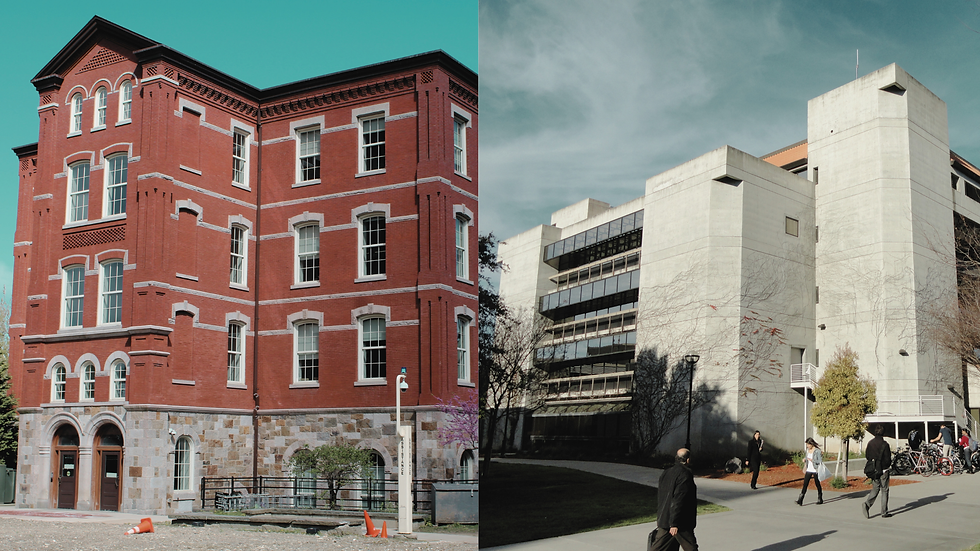Bangladeshi Students Tortured Amid Crackdown on Protests
- Maryam Mushtaq
- Aug 4, 2024
- 2 min read

More than 266 people have been killed and around 20,000 injured in Bangladesh since the brutal crackdown on peaceful student protestors on July 13, 2024. The protests on campuses began in early June, 2024, led mostly by students objecting to the quota system which set aside 30% of government jobs to the descendants of the 1971 War of Independence freedom fighters. On July 21, the Supreme Court overturned the ruling which set quotas for government jobs.
While the protests were peaceful, on July 13, they turned violent after pro-government groups and the police started to attack the protestors. Over 10,000 people have been arrested, which including student organizers. The protests have now become widespread and anti-government, calling for the resignation of Prime Minister Sheikh Hasina. With internet and phone networks down, communication in Bangladesh is cut off and accurate information is hard to come by. However, reports continue to emerge as networks are partially restored. According to The Guardian, student organizers have recounted how they have been tortured in custody of the police. One student organizer has recounted how the police used psychological torture; threatening him with fake charges and making him forcibly “disappear” so family and friends would not know what happened to him. He also recounted the physical abuse involving the use of metal rods to beat him.
Families of detained students have reported being denied information on students’ whereabouts after being arrested en masse, sometimes in the middle of the night. In addition to arrests, the ruling party authorized the police to use force against the demonstrators, including teargas, rubber bullets, stun grenades, and live ammunition, injuring thousands. The Rapid Action Battalion, the Border Guard Bangladesh, and the army were given a “shoot-on-sight” orders and a national curfew was imposed on July 19, 2024. Amnesty International has observed and confirmed the use of lethal and unlawful use of force, arbitrary arrests and detentions, and failure to provide medical assistance to injured protestors.
Additionally, the government has started to target and surveil student organizers. In one case, three student protest leaders, Nahid Islam, Asif Mahmud and Abu Baker Majumder were forcibly removed from hospital by police officers. They were being treated for injuries received at the hands of the police while in custody. All three students, members of Students Against Discrimination, helped coordinate the rallies and protests. Students and protestors have made further demands for justice for those killed, injured, and arrested by the police, and for the resignation of Prime Minister Sheikh Hasina.
Endangered Scholars Worldwide (ESW) is deeply concerned with and closely monitoring the ongoing human rights violations in Bangladesh, including arbitrary arrests, use of lethal force, and the targeting of student organizers. ESW calls on the government of Bangladesh to immediately cease the use of lethal force against the student-led protests, arbitrary detention of protestors, torture of protestors in police custody, and surveillance of lead organizers. We further call upon the members of the international community dedicated to upholding human rights globally to echo our calls to respect the academic freedom of students in Bangladesh.
Sources and further readings:




